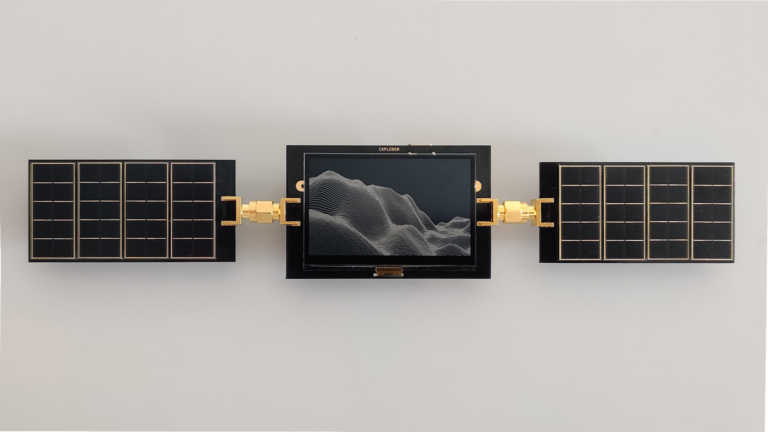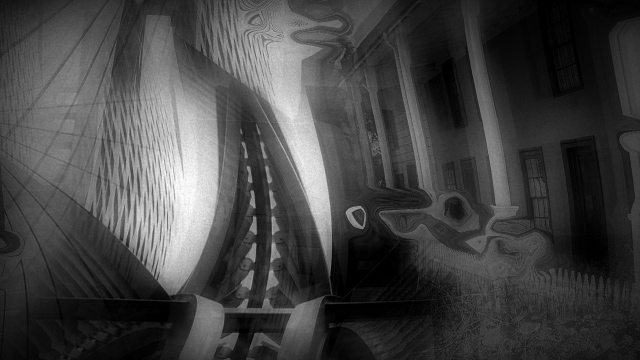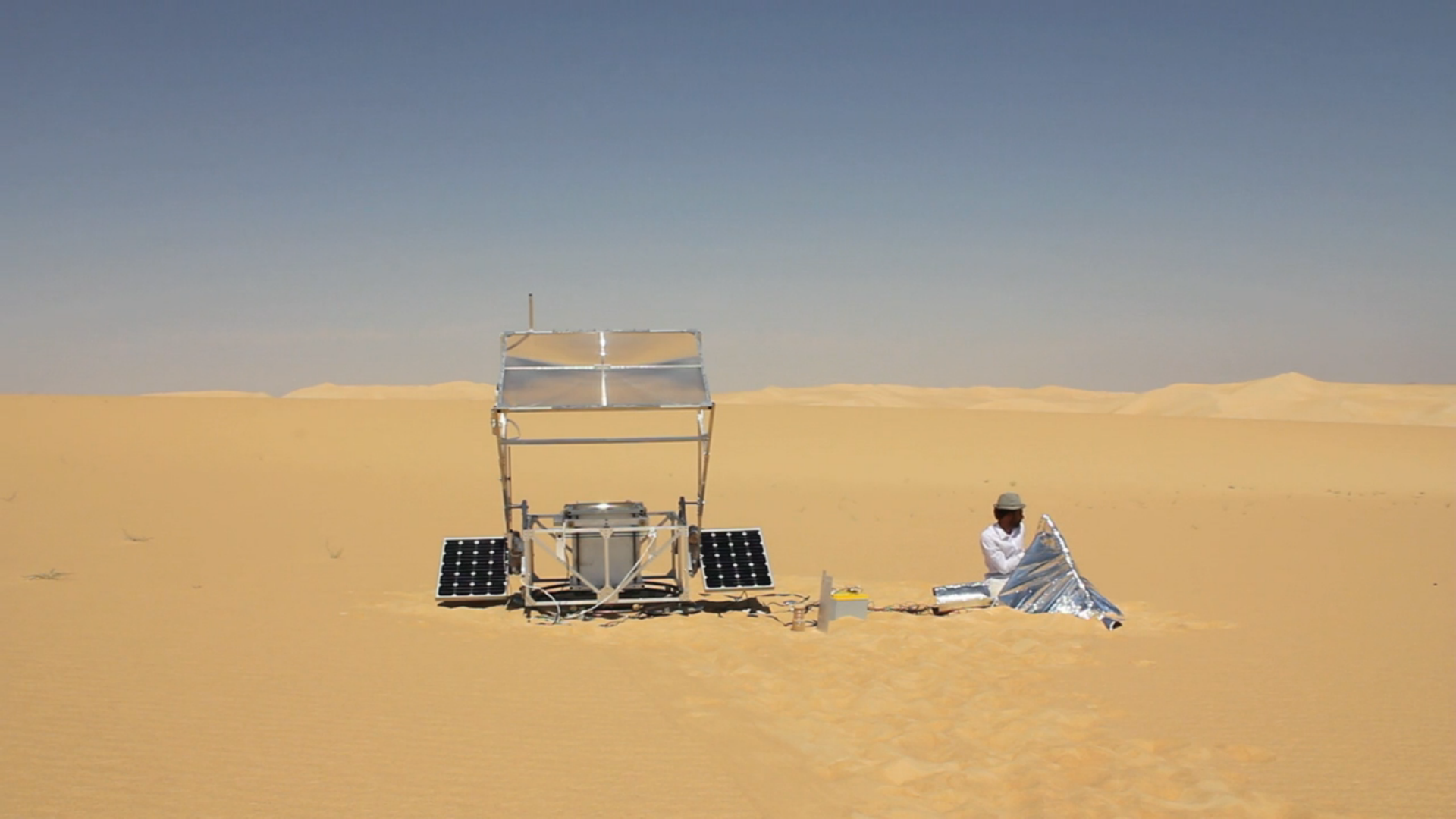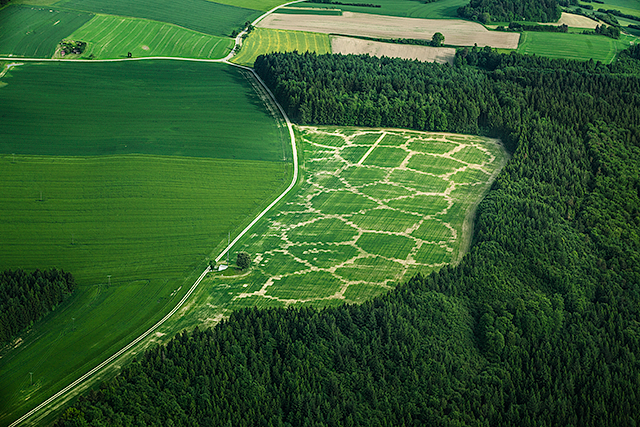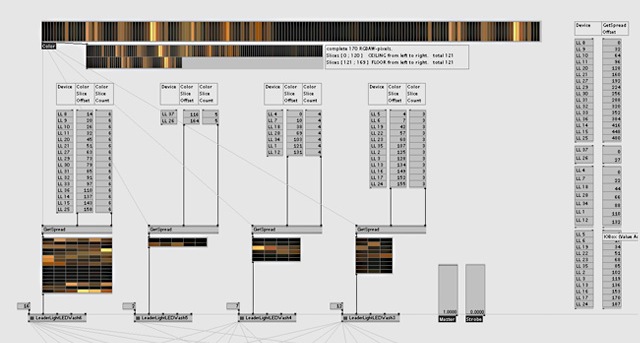Join us in shaping the future
–– Please Support CAN!
Since its inception in 2008, CreativeApplications.Net has been a driving force, tirelessly influencing and shaping the conversations surrounding technology, society, and critical making. With a vast library boasting over 3,500 meticulously curated projects, experiments, texts, and reviews, CAN stands resolute as an unparalleled resource for students, educators, practitioners, curators, and cultural producers alike, serving as an enduring beacon guiding them through the complexities of the digital era. However, as we navigate the ever-shifting landscape of creative exploration and innovation, we can't do it alone. We need YOU. We ask you to embark on this journey with us, extending your support by becoming a Member and contributing to our shared mission of propelling CreativeApplications.Net forward.
Status

Before we begin, we must highlight a critical aspect: our reliance on our members for support. Operating with extremely limited resources, each contribution is invaluable. Presently, we’re barely over 60% of our necessary funding, highlighting the stark reality of the starved publishing field. Now, behind the scenes, there’s a whirlwind of activity. Countless hours are poured into researching, curating, editing, developing, maintaining, and managing this platform each month. Our primary goal remains constant: to enhance and refine the features we offer and continue making a valuable contribution to the field. Last year marked significant progress in expanding these features and improving user experience. Looking ahead to this year, we are eager to maintain our momentum, continue to explore new opportunities, and to enrich our interaction with you, our esteemed reader. In order for us to achieve our collective goals, your support and your involvement will be essential.
2023
What were we up to last year?
Archive –– (In Progress) Over the last year, we’ve put an immense effort into ensuring that articles are up-to-date, including but not limited to updating galleries, links, videos, etc. Many still remain, but we are actively involved in updating these too. In addition, all projects are now attributed to their creators with a new taxonomy structure of ‘People‘. These include individuals as well as organisations, and we are currently in the process of adding short biographies and external links.
Knowledge –– (In Progress) CAN now includes ‘Books‘ section, listing the latest releases and relevant reading material. We are also working to add historical literature, continuing to build CAN as a valuable research resource.
Community –– (Complete) Late last year, we launched CAN Discord in an attempt to distance ourselves from the toxic (and fragmenting) environments major social media platforms have become and focus on bringing our community together. Our Discord is growing, and it has been fantastic to reconnect with many of you.
2024+
What’s our plan for this year?
Archive –– (Pending) Adding historical projects that have been influential and shaped the discourse throughout the 2000s and 2010s. This has been our plan for a long time, but we simply haven’t had the resources to do it. In addition, new and old content needs better metadata; thus, we need to optimise our tags to provide a better and more resourceful research experience. Counting over 6,000, our aim is to optimise these to 1,500 tags –– a massive task for 3,500 entries!
Knowledge –– (In Progress) Optimising and levelling category structure, including filtering by tools/frameworks and hardware/software. This will be done through a new hierarchical taxonomy titled “Tools”.
Perspectives –– (Pending) Bringing a new team member (part-time) to provide new perspectives on the diverse subjects we cover on CAN.
Community –– (Pending) Build more community initiatives, including but not limited to meet-ups, lecture series, workshops, show & tell sessions and more.
Accessibility –– (Pending) Since 2008, CreativeApplications.Net (CAN) operated as an open platform, fully accessible to the public. However, as the challenges mounted, we were confronted with a difficult decision in 2016: either seek support from our readers or close CAN for good. Recognizing the vital role CAN plays in fostering discourse around technology and creativity, we made the bold choice to transition to a membership-based model, ensuring CAN’s survival while keeping membership costs affordable. We firmly believe that providing extra content for members is not the way forward; instead, we want to prioritize CAN’s openness. Our goal has always been to keep CAN as accessible as possible, and if we successfully meet our funding goal, we would consider removing the paywall altogether, further promoting the free exchange of ideas and knowledge.
Now into its 17th year, CAN continues to be relevant & vital to global community of digital creatives
James Tindall
CAN has been a critical voice in our digital arts mediascape, diving into art and artists that have few other outlets
Chris Coleman
If you don’t know CAN, please know you’re missing out
Marius Watz
CAN has been an amazing resource for such a long time now
Moritz Stefaner
Support
Your support is crucial for us to achieve the goals we have set. By becoming a member, you not only aid us in reaching these objectives but also contribute to paving the way for an open CAN future. Our vision for CAN V6 is one of complete accessibility, devoid of any barriers. While we understand the journey ahead will be challenging, we’re committed to dismantling these barriers one brick at a time. Moreover, your membership also ensures we keep the site as ad-free as possible, allowing us to focus on our goal. Above all, we invite you to join our community because you believe in the value of CreativeApplications.Net and wish to see it thrive for years to come.
You can show your support for CAN in two ways: by becoming a Member or by making a donation. With an individual membership priced at only $20 per year, billed annually, you unlock a plethora of features. Alternatively, your generous donations go directly to CAN, aiding us in reaching our goals. Your decision to support CAN, whether through membership or donation, is driven by your belief in our mission and the invaluable contributions we make to the community. Thank you!
Additional benefits available for organisations (Studio Membership @ $200 /year). You can also donate to CAN using PayPal, ETH, Bitcoin or Tezos.
CAN started out as a small online blog many moons ago and developed into an essential network
Mark Webster
CAN is as close as our community has to a “journal of record”—with an archive of nearly 5000 articles documenting new media artworks dating back to 2008
Golan Levin
CAN is responsible for promoting and cataloguing the digital art scene of the last 15 years while it was happening under our eyes
Andreas Gysin
What these guys are doing for the creative community is basically a public service
Regine Debatty
1,598 –– 63.92%
Our current status of 100% Goal: 2,500 Members (36.08% Remaining)
Small print: Memberships are subject to our Terms and Conditions. Advertising: There are occasional ads on CAN, purchased by educational organisation to promote courses. From time to time we also use 3rd party ad platforms, but we try not to. Ads are visible to public visitors only, not members.

